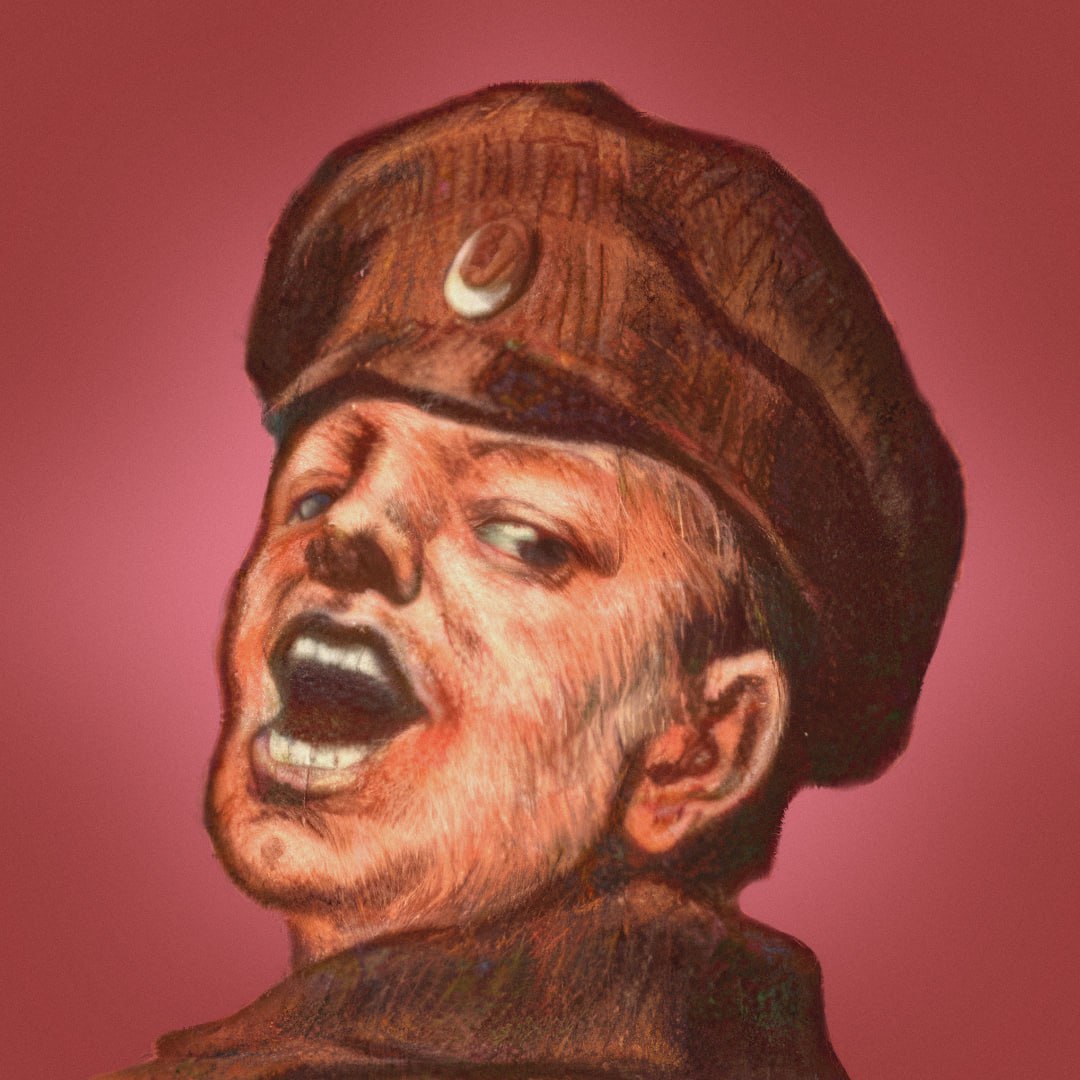Civil War: The History of the Concept
In his article, historian Said Zalyaev traces the emergence and subsequent transformations of the meaning of the term "civil war" from Antiquity to the 21st century. At the same time, examples from England, France, the USA, and Russia are used to examine how "civil war" relates to "revolution."
15.10.2025

Said Zalyaev
Historian
Political scienceReport a problem
Paid Content
Please sign in to view